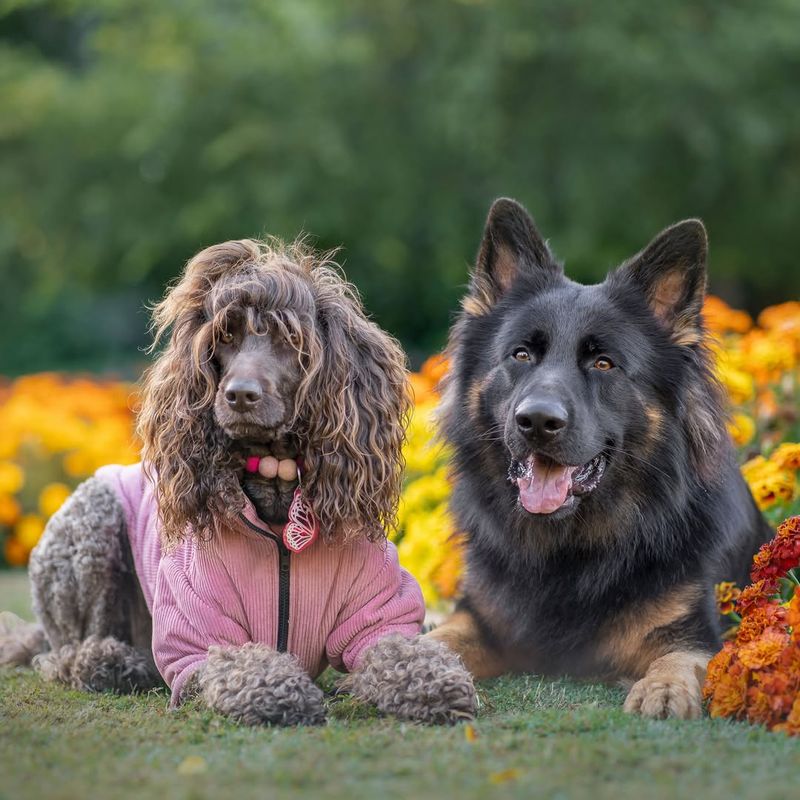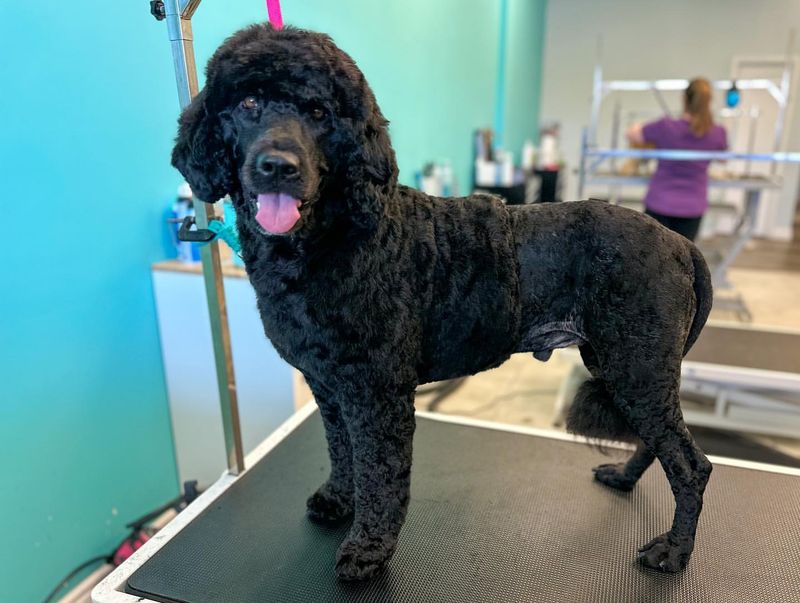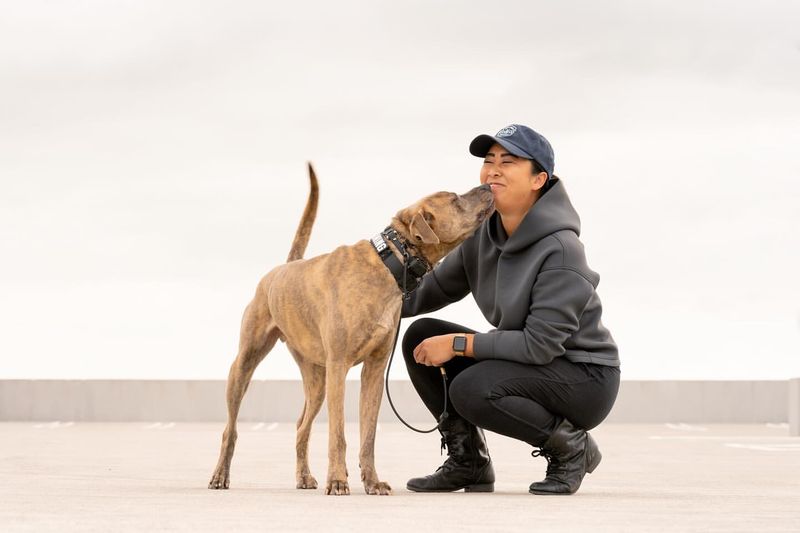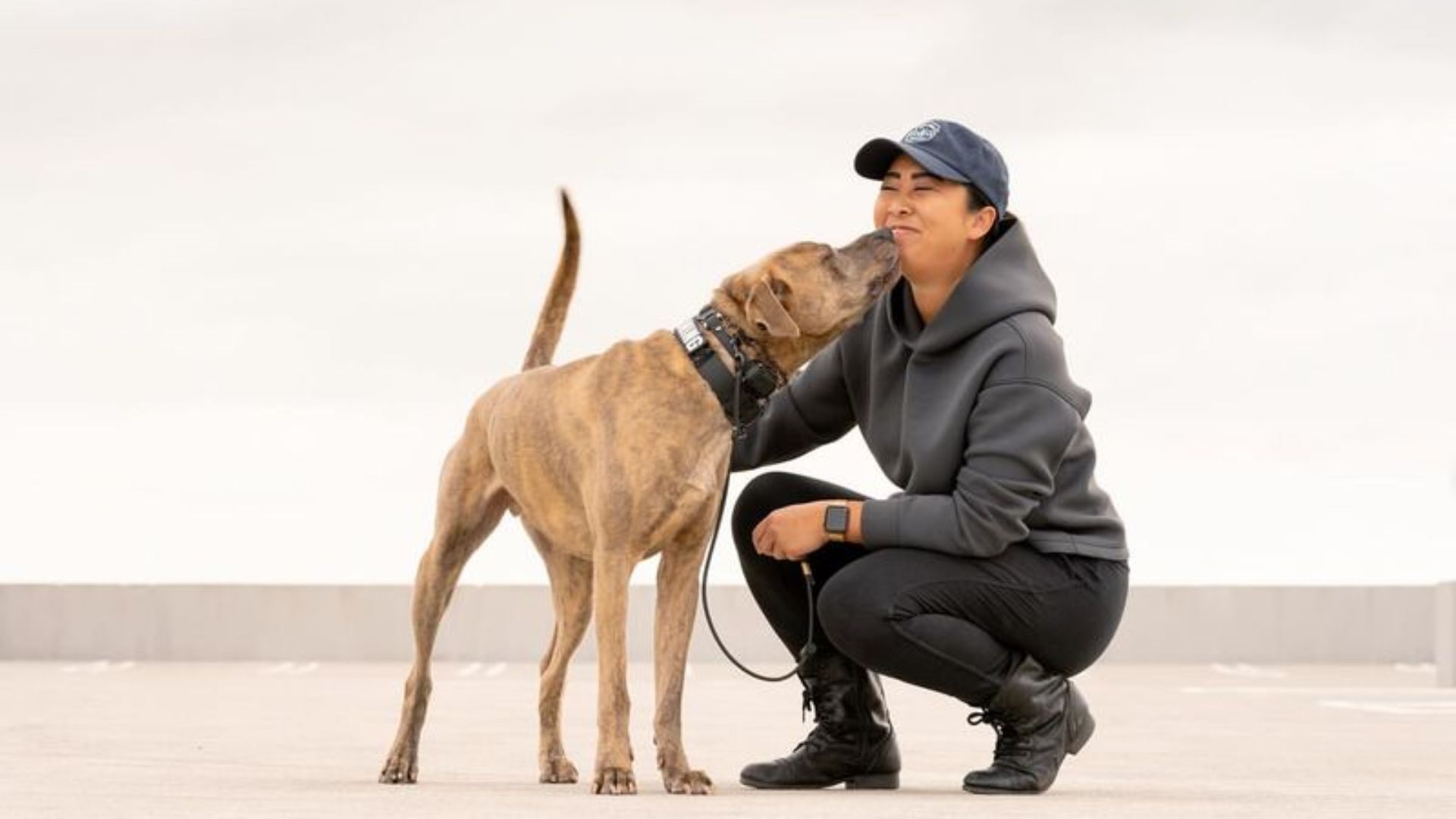Choosing the right dog breed to match your personality is key to building a harmonious and fulfilling relationship with your furry companion.
Whether you’re an active adventurer or someone who prefers quiet evenings at home, finding a breed that aligns with your lifestyle ensures a happier experience for both you and your dog.
The right match not only enhances your day-to-day life but also strengthens the bond you share.
To help you navigate this important decision, here are some essential tips to guide you in finding a canine companion that perfectly resonates with your unique personality and lifestyle.
1. Assess Your Lifestyle

Picking the right dog breed to fit your lifestyle is essential for a happy and fulfilling relationship with your furry friend. Start by thinking about your daily routine and how much time and energy you can devote to a pet. Are you an active person who loves outdoor adventures?
High-energy breeds like Border Collies or Labradors might be perfect for you. Prefer quiet nights on the couch? A laid-back breed like a Bulldog or Shih Tzu could be a better match.
Your living situation also plays a big role. Do you have a spacious backyard, or is your home a cozy apartment? Larger, energetic breeds thrive with room to roam, while smaller or less active dogs are better suited for compact spaces.
Choosing a breed that aligns with your lifestyle helps ensure your dog stays happy, healthy, and well-behaved.
When you find a breed that fits your life, you’re not just adding a pet to your home—you’re gaining a loyal companion who will thrive alongside you. Matching your dog’s needs to your routine creates a strong, rewarding bond for years to come.
2. Consider Dog’s Exercise Needs

Every dog breed has its own exercise needs, and finding one that matches your lifestyle is essential for a happy relationship. High-energy breeds like Huskies or Australian Shepherds thrive on physical activity and require plenty of exercise to stay healthy and happy.
If you’re someone who loves outdoor adventures, hiking, or running, these breeds could be your ideal companions.
On the other hand, if your lifestyle leans toward a more relaxed pace, breeds with lower exercise requirements, such as Basset Hounds or French Bulldogs, are a better fit. These dogs are content with leisurely walks and short bursts of activity, making them perfect for a more laid-back routine.
Matching your dog’s energy level to your own is key to preventing frustration—for both you and your pet. A high-energy dog in a sedentary household may become restless, while a low-energy dog might struggle to keep up with an active owner.
Understanding a breed’s exercise needs helps you create a daily routine that benefits both of you, incorporating walks, playtime, or even a bit of training. By aligning your energy levels, you ensure a happier, healthier life together.
3. Evaluate Grooming Requirements

Grooming is an important factor to think about when picking the right dog breed for your lifestyle. Breeds with long, luxurious coats like Poodles or Shih Tzus require regular grooming to stay tangle-free and looking their best.
If you enjoy pampering your pets and have the time to dedicate to brushing, bathing, and trimming, these breeds can be a great fit.
On the flip side, if you prefer a low-maintenance routine, short-haired breeds like Beagles or Boxers are much easier to care for. Their minimal grooming requirements make them perfect for owners who want a fuss-free pet without compromising on cleanliness and care.
Grooming isn’t just about appearance—it plays a vital role in your dog’s overall health. Regular brushing and bathing help keep their skin healthy, remove loose fur, and even catch potential health issues early, like skin irritations or unusual lumps.
Choosing a breed with grooming needs that align with your lifestyle ensures both you and your dog stay happy. Whether you’re a grooming enthusiast or prefer simplicity, there’s a breed that’s perfect for you.
4. Understand Temperament Traits

A dog’s temperament is one of the most important factors to consider when finding the right breed for your personality.
Breeds like Golden Retrievers or Labradors are renowned for their friendly, outgoing nature, making them ideal for families, social individuals, or anyone seeking a loyal and affectionate companion. These dogs thrive on interaction and form strong bonds, offering unconditional warmth and devotion.
On the other hand, more independent breeds like the Afghan Hound or Basenji are well-suited for those who prefer a less demanding pet. These dogs enjoy companionship but are content spending time on their own, making them a great match for individuals who value a bit of personal space.
Understanding a breed’s temperament is key to building a successful relationship. It shapes how your dog interacts with you, your family, and the environment around them.
Choosing a breed with a temperament that aligns with your lifestyle and personality ensures a smoother, more harmonious bond.
Whether you want a playful best friend or a more self-reliant companion, matching your expectations with the right temperament can lead to a fulfilling life together.
5. Match Size With Living Space

The size of a dog breed is a crucial factor to consider, especially in relation to your living environment. Large breeds like Great Danes or Saint Bernards need plenty of space to move around comfortably and maintain their well-being.
If you have a spacious home with a yard or live in a rural area, these gentle giants could be an excellent fit, offering companionship and a sense of security.
On the other hand, smaller breeds like Chihuahuas or Pomeranians are perfectly suited for apartment living.
Their compact size and lower space requirements make them ideal for urban settings, where outdoor space might be limited. These pint-sized pups can thrive in cozier environments without feeling cramped.
Matching your dog’s size to your living space not only ensures their comfort but also creates a more harmonious household. A well-suited environment minimizes stress for both you and your pet, fostering a happy and relaxed atmosphere.
By considering how much room you can offer, you’re taking an important step toward providing your future furry friend with a comfortable and fulfilling home.
6. Consider Age And Longevity

Age and longevity are important considerations when selecting a dog breed, yet they’re often overlooked. Think about how long you’re ready to commit to caring for a pet.
Small breeds like Dachshunds or Chihuahuas are known for their longevity, often living up to 15 years or more, making them great for those looking for a long-term companion.
Larger breeds, such as Mastiffs or Great Danes, typically have shorter lifespans, around 7 to 10 years, so their needs and care requirements might suit owners with a different perspective.
For those with a special place in their heart for older dogs, adopting a senior pet can be incredibly rewarding. Senior dogs often come with calmer temperaments and an appreciation for a loving home, making them perfect for owners who want to make a meaningful difference in a dog’s golden years.
Understanding a breed’s lifespan and age-related needs allows you to plan for the future, ensuring you can provide the care and attention your dog requires at every stage of life.
Whether you’re looking for a lifelong companion or a chance to enrich a senior dog’s life, being mindful of these factors ensures a stable, loving relationship for years to come.
7. Check Health Considerations

Health considerations are a crucial aspect of selecting the right dog breed for your lifestyle.
Certain breeds, like Bulldogs, are predisposed to respiratory challenges due to their flat faces, while Dachshunds may experience back problems because of their elongated spines.
If you’re willing and able to manage these specific health needs, these breeds can still be a wonderful fit, offering plenty of love and companionship.
On the other hand, some breeds are known for their overall robust health, such as Beagles or Border Collies. These hardy dogs tend to have fewer hereditary health issues, making them a great option for those who prioritize low-maintenance care or prefer a breed with fewer veterinary visits.
Taking the time to research and understand the common health concerns associated with different breeds can help you make an informed choice.
By preparing for any potential health challenges and choosing a breed that aligns with your ability to meet their needs, you’ll create a supportive and nurturing environment for your furry friend, ensuring their well-being and happiness for years to come.
8. Evaluate Trainability

Trainability is an essential consideration for dog owners who want to teach commands, tricks, or even advanced skills.
Breeds like Border Collies and German Shepherds are renowned for their intelligence and eagerness to learn, making them perfect for owners who enjoy structured training sessions or competitive activities like agility and obedience trials.
These dogs thrive on mental stimulation and excel when given tasks to complete.
If you prefer a more relaxed approach to training, breeds like Bulldogs or Basset Hounds might be a better match. These dogs are typically less driven to please and can be more stubborn, but with patience and consistent reinforcement, they can still learn the basics.
Their laid-back nature often makes them charmingly independent, which appeals to owners who don’t prioritize rigorous training.
Understanding a breed’s trainability is key to setting realistic expectations and creating a rewarding training experience. Whether you’re working on simple commands or intricate tricks, training strengthens the bond between you and your dog.
It fosters mutual understanding and encourages good behavior, which is essential for a peaceful and harmonious household. Choose a breed that aligns with your training style and patience to ensure a fulfilling relationship.
9. Consider Compatibility With Children

For families with children, choosing a dog breed that complements the energy and needs of kids is vital for a harmonious household. Breeds like Labradors or Beagles are famous for their gentle, playful, and patient nature, making them wonderful companions for young ones.
Their affectionate demeanor and love for activity make them perfect for engaging in games and outdoor fun, ensuring that both the dog and children are happily entertained.
If you have toddlers or babies, it’s important to consider breeds known for their calm and tolerant behavior, such as Golden Retrievers or Cavalier King Charles Spaniels.
These breeds are typically gentle and can handle the occasional tug or loud noise, making them a safe choice for families with very young children.
Understanding how a breed interacts with children helps ensure both safety and companionship. Child-friendly breeds create an environment of love, protection, and joy. They not only form bonds of friendship with your kids but also teach responsibility and empathy.
A well-matched breed enhances family life, offering endless moments of laughter and affection while becoming a cherished member of the household.
10. Weigh Socialization Needs

Socialization needs can vary significantly among dog breeds and should align with your social habits and lifestyle. Outgoing individuals who enjoy hosting guests, attending dog-friendly events, or exploring bustling environments may find breeds like Poodles or Labradors to be the perfect fit.
These breeds thrive on interaction and love meeting new people and other pets, making them the life of any gathering.
On the other hand, if you prefer solitude or a quieter lifestyle, breeds like Chow Chows or Shiba Inus might be more your style. These dogs are often more reserved and independent, requiring less social stimulation to stay happy.
They appreciate calm environments and are perfectly content spending quality time with their owners without constant external interaction.
Understanding a breed’s socialization needs helps you create a balanced and stress-free life for both you and your dog. A well-socialized dog is not only happier but also more adaptable to various situations, making your companionship smoother and more enjoyable.
By choosing a breed that complements your social preferences, you can ensure a harmonious coexistence and enhance your shared experiences, whether they involve lively gatherings or peaceful quiet moments.

